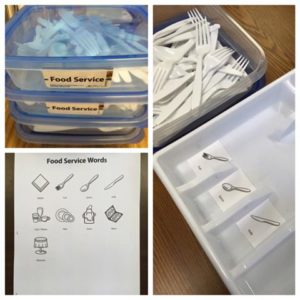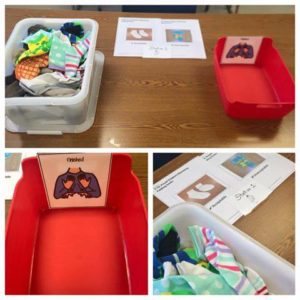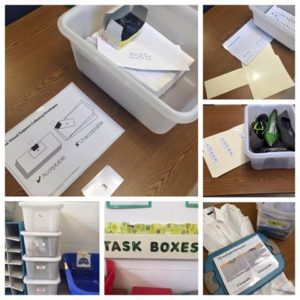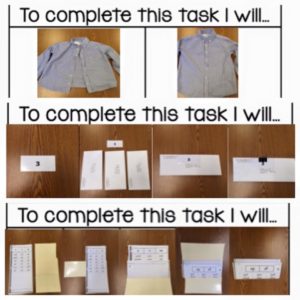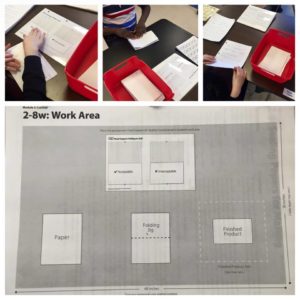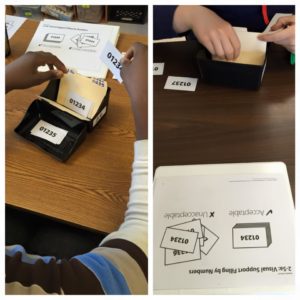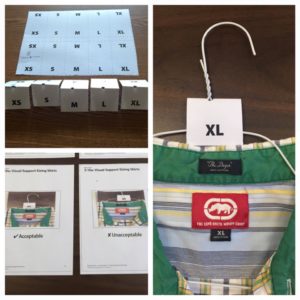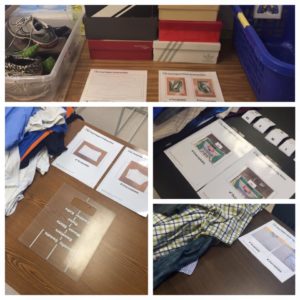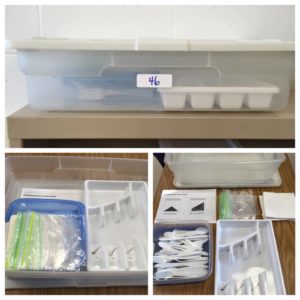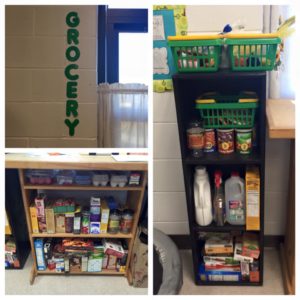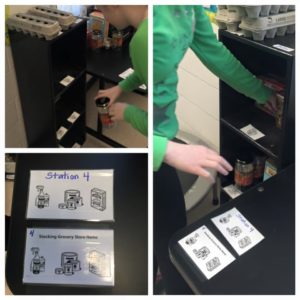Educator, Rebecca Tock teaches at the Elsie Allen High School in Santa Rosa, California. She generously gave us permission to share her glowing testimonial about theI Can Work Curriculum, a 5 module pre-vocational program designed by Therapro author, Angela (Angie) Mahoney, M.Ed. With Angie’s broad experience as a pre-vocational teacher and as a consultant to other schools in developing their pre-voc programs, her I Can Work! program continues to evolve into a practical, exciting course that builds on basic job readiness skills such as how to greet a supervisor, how to dress for work, how to fill out a job application, appropriate job behaviors, etc. Learning those basic skills provides a firm foundation on which to build more advanced skills. The I Can Work! curriculum instructs students in 5 different jobs: clerical, food service, retail, and grocery.
Rebecca Tock
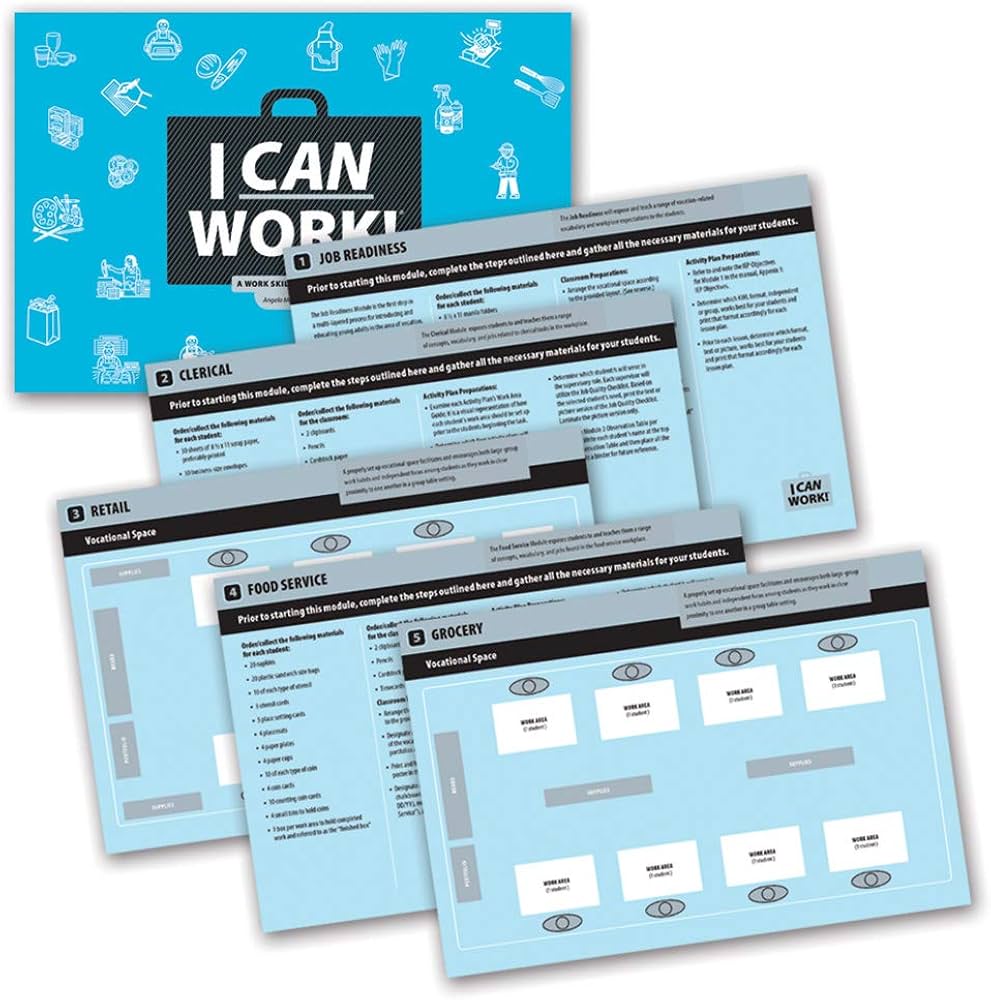
I was introduced to the “I Can Work” curriculum at an educational conference I attended in Spring 2015. Immediately, I knew it was special. It was so different from other vocational curriculums I have used in the past and I thought that this may be the piece that I needed to provide a well rounded pre-vocational education experience in my class. After the presentation, I approached Angela Mahoney, the developer of the curriculum, for some clarifying questions about the program. I was impressed by how user friendly the program appeared to be. Angela was clear, concise and knows her stuff! She was very helpful. What was quite amazing was that it was a total of $49.95. That is unheard of in this profession!
I was able to immediately purchase the curriculum due to its affordability and size. The modules provide comprehensive and clear lesson plans that are easy to use and even easier to incorporate into an existing classroom curriculum. The material presented provides visuals and a guide for the use of real world everyday materials. When working with young adults who have severe disabilities the use of familiar objects is imperative for success. I appreciate the way in which “I Can Work” really uses large graphics and touches upon prior knowledge of the students.
The instructions to set up lessons are easy to follow, and really make this an accessible space for my students. It has definitely enhanced my pre-vocational lessons and given my students more ways to participate in pre-vocational activities.
I love ‘I Can Work!’ It was the best class curricular decision I could have made. I recommend it to any teacher who teaches a pre-vocational class to students/individuals with moderate to severe disabilities.
Ms. Tock teaches students in grades 9-12 who have been identified as having severe special needs. We would like to direct you to her request for funding ADA accessible tables for her students’ use at mealtimes in school, so they can join their peers. Please visit the site to learn more about her project.

